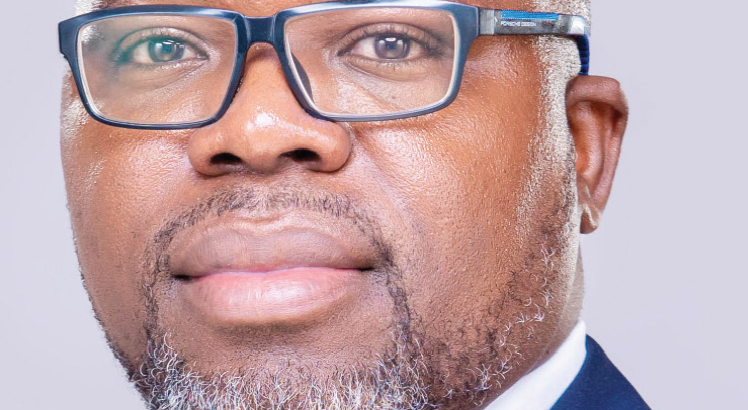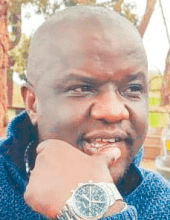Land matters overwhelm Legal Aid
Land matters are topping the list of registered cases handled by the Legal Aid Bureau (LAB) across the country amid funding and human resource constraints.
LAB director Trouble Kalua said in an interview yesterday that the bureau has 23 300 civil and criminal cases out of which 4 705 or 20.2 percent are land cases.
He said out of the cases the bureau is providing legal services, 15 210 are civil while 8 224 are criminal matters.
In the civil cases category, the majority are land matters (4 705) followed by matrimonial at 2 689 while contract and employment matters are coming third and fourth at 2 535 and 1 837 respectively, among others.

The criminal category has 3 661 homicide matters, 1 147 defilement cases, 1 039 are cases of theft and 266 cases of grievous bodily harm.
“Our current workload stands at 23 300 cases against 48 lawyers. The work is too much. It is our desire to grow to around 80 lawyers within the next couple of years.
“Funding has been the major challenge… The government resource pot is not always adequate to meet various competing priorities. Coupled with the growth of the institution, our funding levels have not been adequate to properly resource our operations. We are limited in that regard as to what we can do and achieve.
“We also have human resource constraints owing to the volume of work we have. While we have grown in size tremendously compared to where we are coming from, we would still do with additional hands to lessen the burden,” said Kalua.
However, he said the bureau was proud with the improved efficiency in handling matters following the switching from paper-based case management system to electronic system.
“We are now able to attend to complaints in real time once they have been lodged at any of our offices across the country. We are able to assign cases to officers in real time without need for a physical meeting. We are able to record and retrieve accurate data on the matters we are handling easily,” he explained.
Centre for Human Rights Education, Advice and Assistance (Chreaa) executive director Victor Mhango said in an interview yesterday there was need for government to fully support operations of the bureau.
He said: “The bureau is the only government institution mandated to provide free legal services to the needy, which means thousands of Malawians depend on its services. So let it have enough funding and personnel for access to justice to spread further to the poor.”
Yesterday, LAB clocked nine years with a commitment to continue helping its clients swiftly and professionally while ensuring access to justice for the poor and the marginalised members of the public.
In a statement issued as part of the anniversary, the bureau said it has since 2019 implemented Pro-Bono Scheme on behalf of Malawi Law Society where underprivileged people have the opportunity to access the services of a private lawyer at no cost.
LAB was established in 2015 under the Legal Aid Act as an independent institution from the Ministry of Justice to provide legal aid services to persons who cannot afford private legal services in the country.
According to the statement, LAB has undertaken massive recruitment exercises growing from 32 employees to 221 in 2024. It has also expanded operations from three to four regional offices and 17 district legal aid offices and plans are underway to open four additional district legal offices in Chikwawa, Ntchisi, Chiradzulu and Nkhata Bay.






Thanks I have recently been looking for info about this subject for a while and yours is the greatest I have discovered so far However what in regards to the bottom line Are you certain in regards to the supply